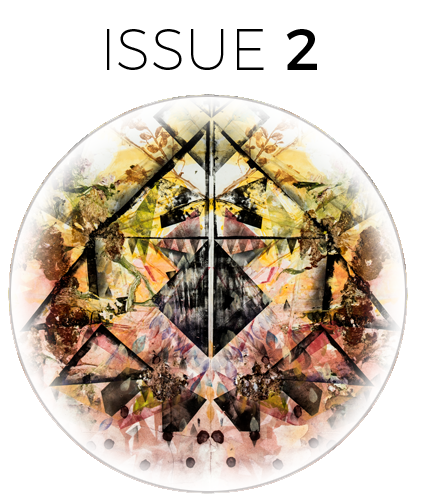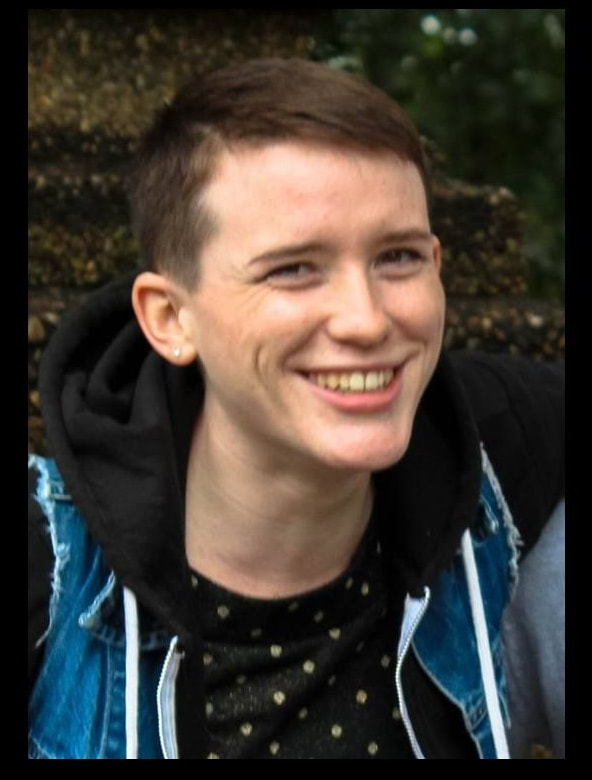|
MENTORSHIP RECIPIENT
NORTHEAST OHIO SPOTLIGHT
Mentor Commentary:
Matt Weinkam Recipient Reflection:
Rose Driscoll |
FurtherFiction by Rose Driscoll
We were the last ones to leave one particular party, around four in the morning, and when we finally walked out at the host’s insistence, both our heads turned immediately to the small sliver of moon in the otherwise black sky. In the thin white moonlight I saw that it matched a tiny pin on his lapel. “Cute,” I said, and he smiled at me. |




